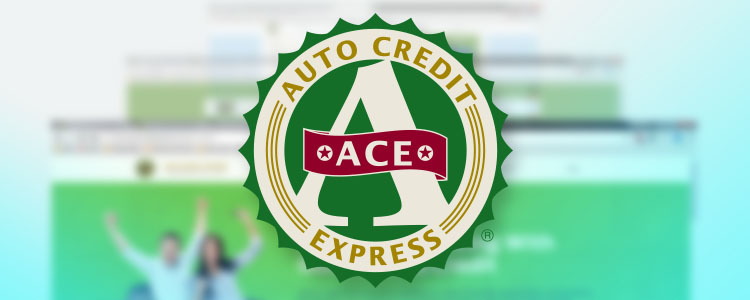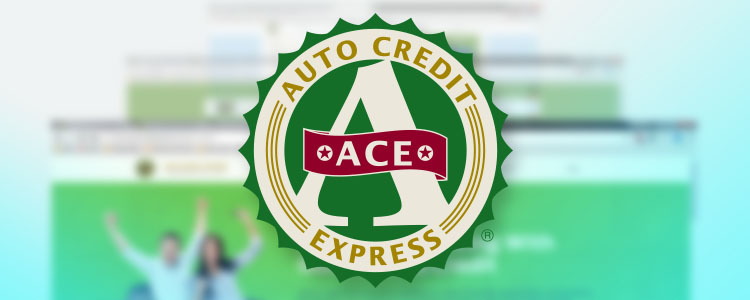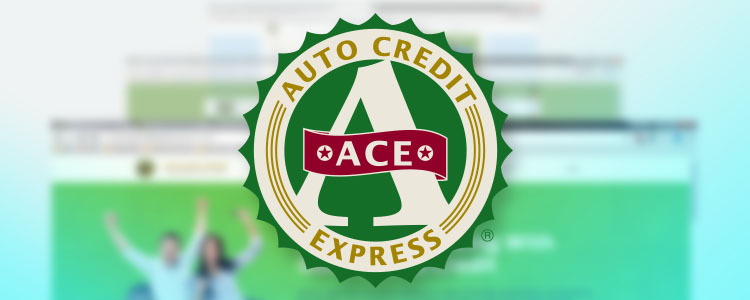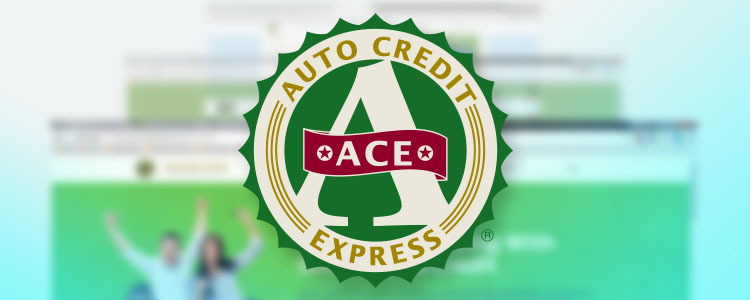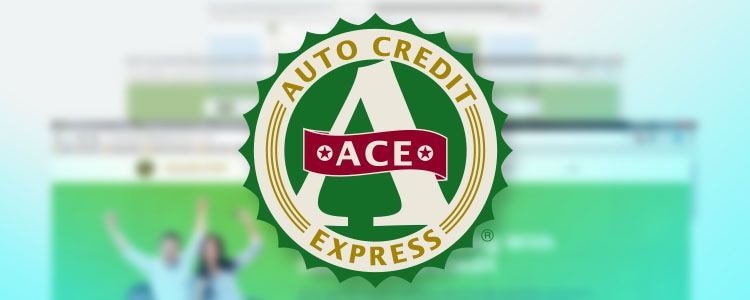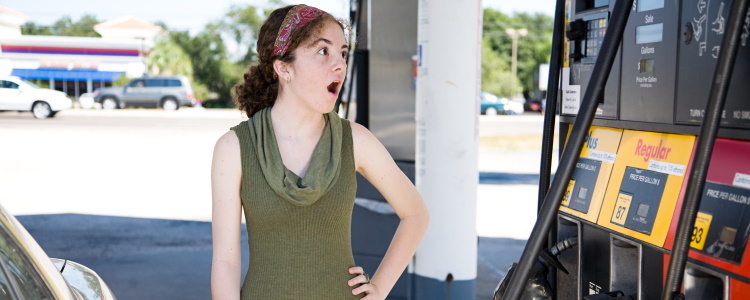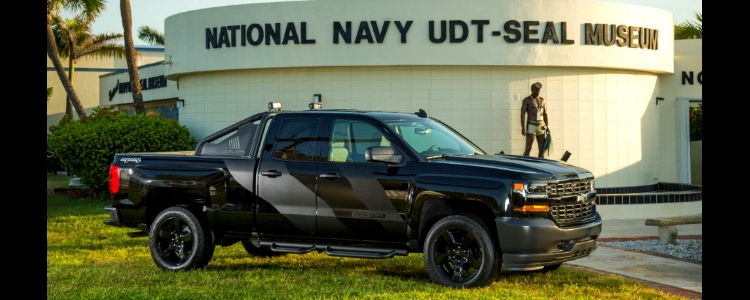Even before the bill was signed, scammers jumped on the Cash for Clunkers program.
The latest and the greatest
At Auto Credit Express, we read in a press release where U. S. Transportation Secretary Ray LaHood announced yesterday that his department stood ready to implement the “Cash for Clunkers” bill signed into law by the President.
“At this important time for the industry, we will help to boost automobile and truck sales while putting vehicles on the road that are safer, pollute less and get more miles to the gallon,” said Secretary LaHood.
Summary of the rules
Included in the press release was a summary of how the program will work:
For passenger automobiles, the car to be traded must be drivable, have a fuel economy rating of 18 miles-per-gallon or less, and be registered and insured for the full year prior to the trade in. To get a rebate, the new car must be priced at $45,000 or less, and, to receive the maximum rebate of $4,500, the new car must have a fuel economy rating of at least 10 miles-per-gallon greater than the car to be traded. To receive an incentive of $3,500, the same car would be traded for one that gets at least four miles-per-gallon better gas mileage.
For most vans, SUVs and pickups, the vehicle to be traded must have a fuel economy of 18 miles-per-gallon or less. To receive an incentive of $3,500, the new vehicle must get at least two miles-per-gallon better mileage. To receive the $4,500 incentive, the same vehicle would need to be traded for one getting at least five miles-per-gallon better mileage.
The purchaser does not receive the money directly from DOT. Instead, the dealer reduces the purchase or lease price by the allowed amount, and the government reimburses the dealer for that amount.
The incentive program begins within 30 days of today's bill signing by the President. The final day for an eligible purchase or lease is November 1, 2009, or when DOT exhausts the funds set aside for the program, whichever occurs first. The credit is not retroactive prior to the start of the program and cannot be applied toward the purchase of used vehicles.
To achieve the objective of removing older, less efficient vehicles from the roads, vehicles traded under this program will have to be permanently disabled and/or scrapped.
Scam warnings
But it seems that car shoppers who will qualify for the program aren't the only group that has eagerly anticipating passage of what the NHTSA is now calling the “Car Allowance Rebate System” (CARS). For on the same day the bill was to be signed into law (and before the President stroked his signature on the bottom line), U.S. Congressman Bart Stupak, a Democrat from Michigan's Upper Peninsula, released a statement warning his constituents to “beware of Internet sites seeking personal information that claim to be affiliated with the recently-passed Cash for Clunkers program.”
“Cash for Clunkers has not even been signed into law yet and scammers are already trying to take advantage of the public,” Stupak said. “The only official web site affiliated with Cash for Clunkers is www.cars.gov and it will not ask for your personal information. Consumers will never have to register for the program.”
Be smart with your personal information
And while the NHTSA has been made aware of a number of scams relating to the CARS program, as with everything else on the internet, it all comes down to common sense:
• The government will not ask for your personal information. Don't email or complete a form giving out your personal or financial information. If you initiate a transaction and want to provide your personal or financial information through an organization's website for a reason other than “qualifying” for the program, look for indicators that the site is secure, like a lock icon on the browser's status bar or a URL for a website that begins “https:” (the “s” stands for “secure”). Unfortunately, no indicator is foolproof; some phishers have forged security icons.
• If it's already too late. If you believe you've been scammed, file your complaint at ftc.gov, and then visit the FTC's Identity Theft website at www.consumer.gov/idtheft. Victims of phishing can become victims of identity theft. While you can't entirely control whether you will become a victim of identity theft, you can take some steps to minimize your risk. If an identity thief is opening credit accounts in your name, these new accounts are likely to show up on your credit report. You may catch an incident early if you order a copy of your credit report periodically from any of the three major credit bureaus. These are available for free.
You can also order all three at once as part of a monitoring service at sites such as http://freecreditreports360.com.
